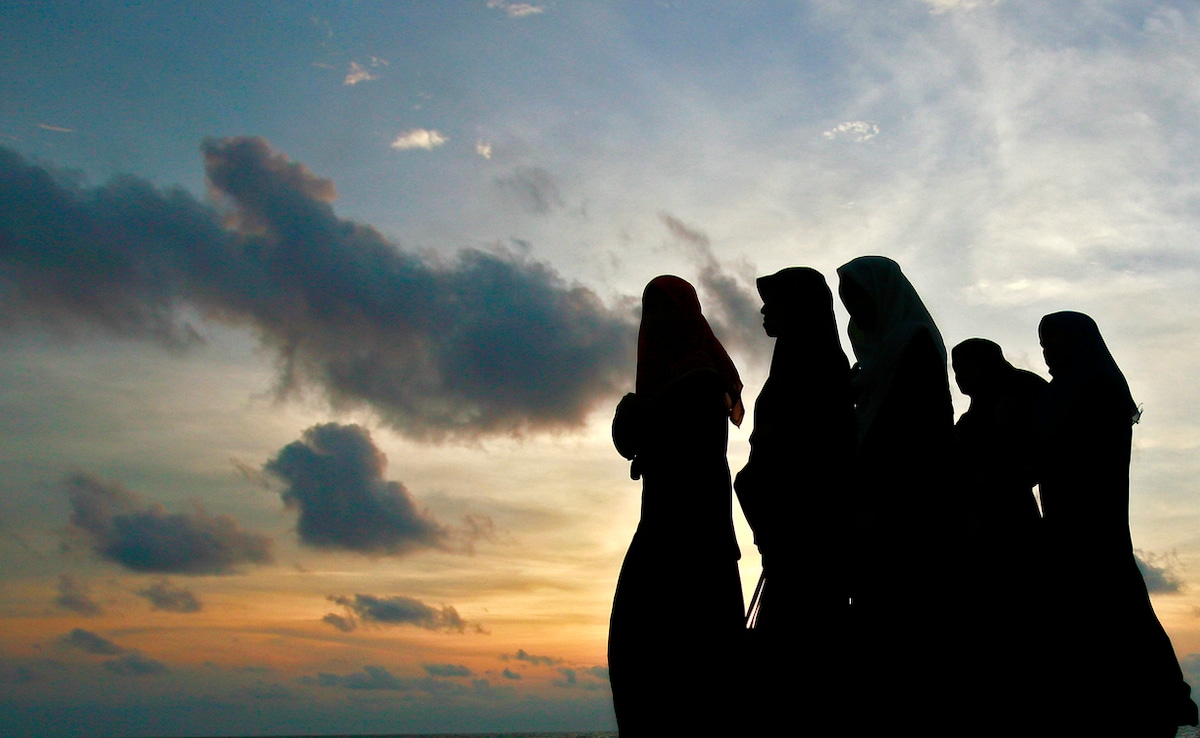2024-12-17 17:19:00

The “hijab and chastity law” in Iran proposes stricter penalties for girls and women who do not fully cover their hair, forearms, or lower legs, including fines, prison sentences of up to 15 years.
However, Iran’s National Security Council has put the brakes on this antiquated and contentious law after it was supposed to come into effect last Friday.
This comes in after the law received worldwide and domestic backlash. President Masoud Pezeshkian said the legislation was “ambiguous and in need of reform”, whereas Amnesty International, a human rights organisation said the Iranian authorities were “seeking to entrench the already suffocating system of repression.”
Pezeshkian voiced his disapproval of the country’s mistreatment of women regarding hijabs earlier this year during his presidential campaign.
“Just as they could not forcibly remove hijabs from women’s heads in the past, they cannot now force it onto them. We have no right to impose our will on our women and daughters”, he said.
His promise of personal freedom resonated with young girls and women who were already frustrated with restrictions imposed by the government.
The law was also criticised by Masoumeh Ebtekar, a former vice-president for women and family affairs, who called it, “an indictment of half the Iranian population”.
The hijab discourse has always been in the picture but it was reinforced more so when a woman, Parastoo Ahmadi, was arrested after she posted a video of herself singing on YouTube without a hijab, in a sleeveless dress, with her hair down accompanied by four male musicians.
“I am Parastoo, a girl who wants to sing for the people I love. This is a right I could not ignore; singing for the land I love passionately”, read the caption.
After the video went viral, she was arrested along with her band members but was released a day later after the arrest received widespread backlash.
The hijab controversy has been ongoing since 2022, triggered by the death of Mahsa “Zhina” Amini, who died in police custody after violating the dress code. In the wake of her death, women have challenged the government and defied hijab rules. Younger people in Iran appear fearless and defying such laws despite the restrictions and pressure from factions close to Supreme Leader Ayatollah Ali Khamenei.
According to the BBC, last week, more than 300 Iranian rights activists, writers and journalists publicly condemned the new hijab law, calling it “illegitimate and unenforceable” and urged Pezeshkian to honour his campaign promises.
Nevertheless, the decision to pause the implementation of the law shows that the government is apprehensive of the protests that might set off, similar to the ones seen two years ago.
Mahsa,Mahsa Amini,Parastoo Ahmadi,hijab and chastity law,Masoud Pezeshkian,Ayatollah Ali Khamenei
Source link
![]()
